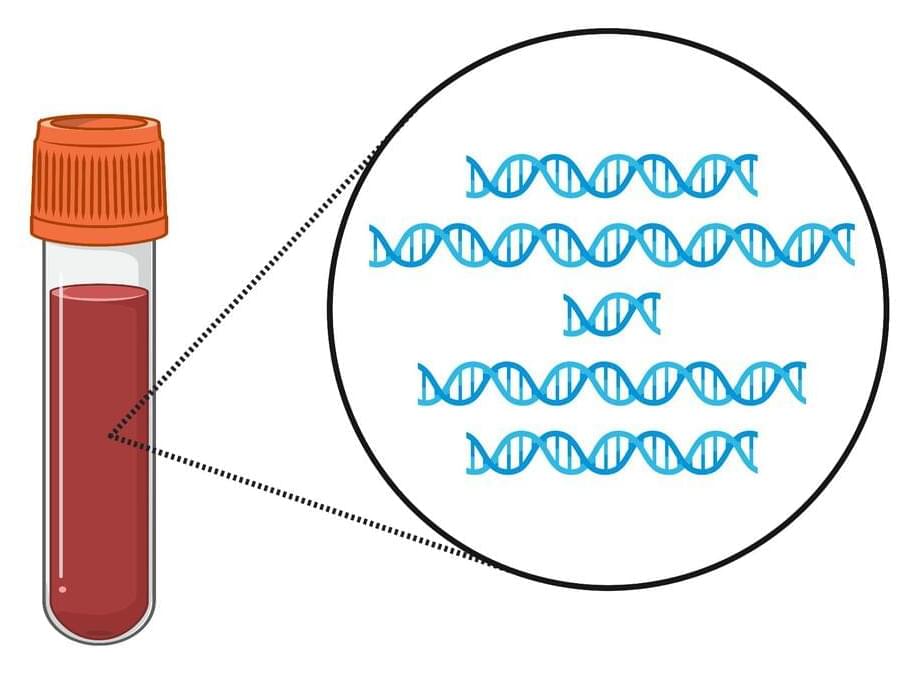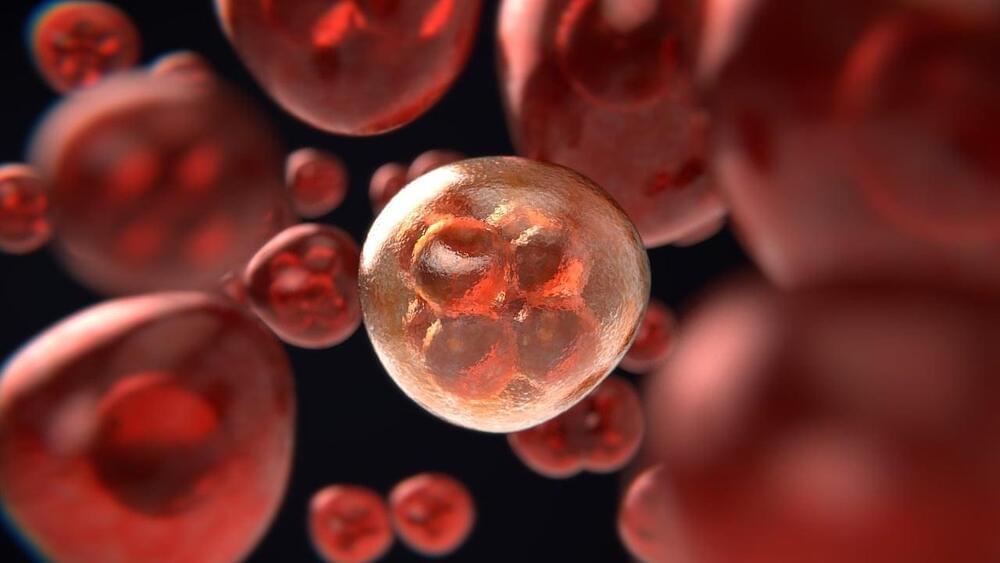How does the developing brain process surprising sounds and what changes as we grow up?
For children, the world is full of surprises. Adults, on the other hand, are much more difficult to surprise. And there are complex processes behind this apparently straightforward state of affairs. Researchers at the University of Basel have been using mice to decode how reactions to the unexpected develop in the growing brain.
Babies love playing peekaboo, continuing to react even on the tenth sudden appearance of their partner in the game. Recognizing the unexpected is an important cognitive ability. After all, new can also mean dangerous.
The exact way in which surprises are processed in the brain changes as we grow, however: unusual stimuli are much more quickly categorized as “important” or “uninteresting,” and are significantly less surprising the second and third time they appear. This increased efficiency makes perfect sense: new stimuli may gain our attention, but do not cause an unnecessarily strong reaction that costs us energy. While this may appear trivial at first, so far there has been very little research into this fact in the context of brain development.





 עברית (Hebrew)
עברית (Hebrew)



